
Ever since Dorian Leith very nearly died—and gained the unexpected ability to see ghosts as a result—he’s dedicated himself to helping ghosts find peace and enter the afterlife. Sure, his job doesn’t make him very popular, particularly since most people would rather pay ghastly exorcists to destroy household ghosts than a ghost therapist to help their hauntings work through their problems, but every time Dorian teaches a ghost new coping skills or helps another client move on into the afterlife, it brings him such satisfaction that he can’t imagine doing anything else.
That is, until the key to Death’s Door vanishes—and the town is suddenly plagued by an influx of angry ghosts who can’t find their way into the afterlife, no matter how many times Dorian helps them reframe their struggles. Dorian knows he’s the only one who’s able to help the ghosts, not to mention the only one who cares. But finding the key means risking the first true relationship with a living human he’s had in years—and any sense of self he has beyond the ghosts he cares for.
I did not expect to love a graphic novel about a queer ghost therapist to be this awesome and endearing, but The Ghostkeeper seemed determined to exceed my expectations from the first page. To begin with, I loved the art style, and in particular how the ghosts were portrayed; the blue-tinged characters and in particular the clearly different speech bubbles helped keep the story clear and moving at a fast pace, and made the dialogue easier to follow than most other graphic novels I've read. The use of color schemes and panel shapes created a fabulous sense of atmosphere, and worked together with the quirky characters and fast-paced plot to create a story I couldn't put down.
But I'd be remiss if I didn't mention one of my favorite aspects of the story - Dorian himself. I connected with him so deeply - his internal struggles, his determination to help ghosts, his self-sacrificing propensity, his insecurity, and the depth of his friendships. The ghost therapist concept is brilliant to begin with, but The Ghostkeeper brings it alive, and the incredibly realistic (but also hilarious) strategies that Dorian uses to counsel the ghosts grounded the premise and made it utterly believable. I was particularly drawn to the way Dorian struggles to separate what he needs from what the ghosts need, a thread of realism that helped wholeheartedly sell me on the entire story.
I highly recommend The Ghostkeeper to readers ages eleven and up, particularly those who enjoy gorgeously illustrated graphic novels, brilliant characters, and a touch of ghostly horror.
An e-ARC of this book was provided through NetGalley in exchange for an honest review.


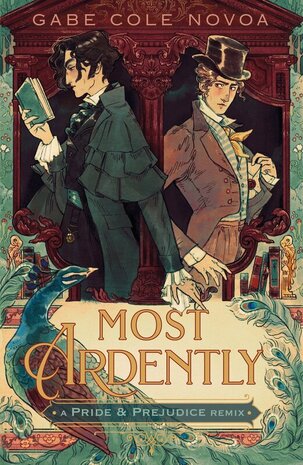
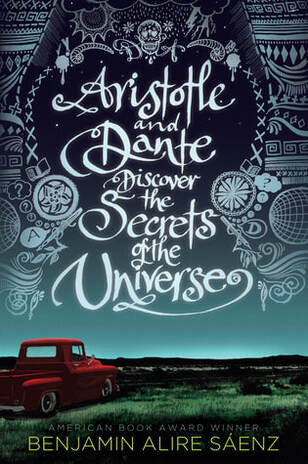

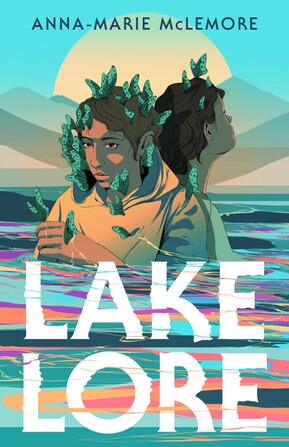
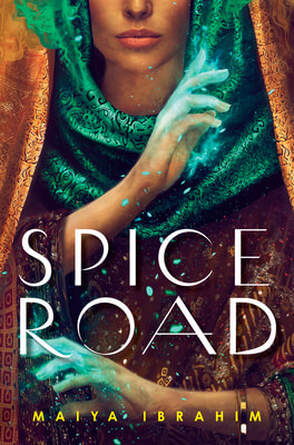
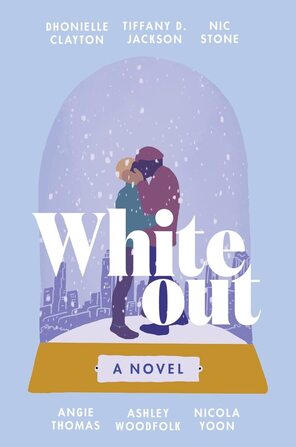



 RSS Feed
RSS Feed
